3 challenges of being a fire engineering grad - And how I overcame them
By Kirby Ke - graduate fire engineer at performance based consulting
Around four months ago, I started working as a fire engineer at Performance Based Consulting. I was a fresh graduate, with no exposure to the construction industry and I had only a rough idea of what I’d be doing. I comforted myself with the fact that I’d be well prepared for a graduate position as I’ve learnt plenty of relevant technical skills at uni.
Or so I thought – I ran into a lot of challenges in my first few months as a fire safety engineer. The trouble about moving into a fire engineering consultancy is that you barely get taught anything about building compliance throughout your degree, much less what to expect in consultancy work. Below are the main challenges I encountered, and how I overcame them.
I had a never-ending stream of questions
This may not seem like a problem, but I don’t know how my colleagues got anything done in my first few weeks. I was asking “where, what, why” every two minutes. I’m very lucky to have great colleagues that made me feel comfortable asking questions, but within a few weeks, I felt like I needed to take control of my own learning, so I came up with a plan.
I developed a process for my work. Every time I learnt a new skill, or did a new calculation or project, I aimed to ensure that I’d be able to do it again independently. I documented as much as I could so that I wouldn’t struggle as much for future projects. And once I’d documented what I knew, I made a list of things that I didn’t understand or questions I wanted to ask. Then I would either ask my colleagues a whole bunch of questions in one hit (so I wasn’t interrupting the flow of their work) or would take the time to research it independently. This included finding online tools to help navigate the BCA and ‘compliance’ side of the job (BECODE was my go-to) as well as sources that could help with IT issues and process. It seems like a simple change, and although it was time consuming at first, it was well worth it.
Starting my fire engineering career wasn’t what I expected
Eventually, I felt confident enough to start picking up my own projects. But once I did this, it felt like I was back to square one. Whilst I thought that it would be my technical knowledge that would grow after starting this new position, it’s unexpectedly been my soft skills that have grown the most. Having to keep track of and juggle various tasks, managing time and balancing priorities, preparing non-technical documentation and efficiently exchanging information with clients proved to be more challenging than the “engineering” side of the job.
Again, I developed a process for my work. To ensure things wouldn’t fall through the cracks, I made a checklist of the things that may be required for a new project. If something was missing, I’d determine its necessity, and subsequently ask colleagues or the client/stakeholders about it. Whilst I sorted tasks by their urgency, importance and estimated time required, it’s no good if I don’t know how to proceed with a task, particularly the ambiguous ones. I’ve found that with some tasks I was unsure about, it was better to make a quick decision and go with it. Sounds like standard practice, but in my experience its easier said than done to make the “best” decision – I think more experience will help in this case.
Picking up where others left off was even more difficult
I found it was particularly difficult to pick up a project mid-way through. Continuing on with a previous engineer’s work without knowledge of previous discussions was difficult, particularly when just about everything fire engineering was still new to me.
Having this problem reinforced how important it was for me to continue diligently documenting everything I did. I found that some of my questions could be answered by looking at other, similar projects I’d been involved with. And for those that weren’t, I followed the same process above of documenting my solutions, listing my problems and questions, and moving towards independent research or listing my questions to my colleagues in one hit. I found this to be the most time saving way for me to get the information we needed without having to bother our clients.
Concluding thoughts
I’ve come to understand what it means to be a consulting engineer. It’s just as much about communication and documentation as it is about problem solving and the technical stuff and having initiative to learn is just as important as having helpful senior engineers around to guide your project and answer your questions.
I’ve relished the challenges of starting a new career, learning new skills and reapplying my old ones. Whilst it might have been easier if I was spoon-fed everything there is to know about fire engineering at uni, I don’t think I would have grown my soft skills in the same way. And without those, I’m pretty sure I really would be back at square one.


